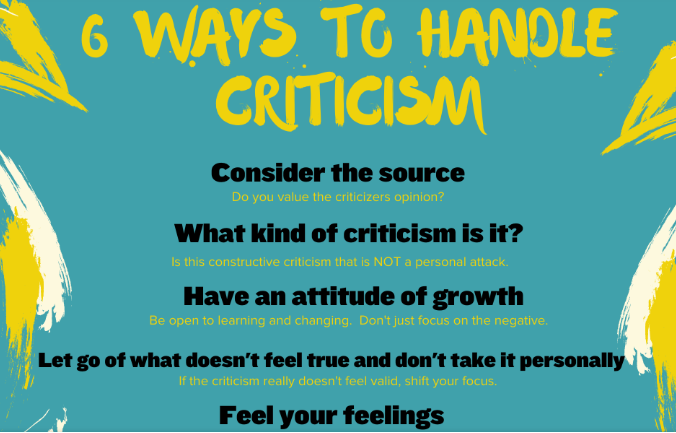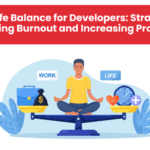How to Handle Criticism and Use It for Growth
Criticism is an inevitable part of life, whether in personal relationships, professional settings, or creative pursuits. While it can sometimes be difficult to hear, learning how to handle criticism constructively can help you grow and improve in ways you never expected. Instead of letting it discourage you, here’s how you can embrace criticism and use it to your advantage.
1. Shift Your Mindset
The first step in handling it well is to change your perspective. Instead of seeing it as a personal attack, view it as an opportunity to learn and grow. Recognizing that feedback is often given with good intentions can make it easier to accept and apply.
2. Separate Emotion from Feedback
It’s natural to feel defensive or hurt when being criticized, but try to take a step back and assess the feedback objectively. Ask yourself:
- Is this criticism valid?
- Does it come from a trusted source?
- Can I use this to improve myself? Taking a moment to process your emotions before reacting can help you respond more thoughtfully.
3. Consider the Source
Not all criticism is equal. Constructive criticism from a mentor, colleague, or friend is valuable, while negative or unhelpful comments from people with ill intentions can often be ignored. Learning to discern between the two can help you focus on feedback that truly benefits you.
4. Ask for Clarification
If criticism is vague or unclear, don’t hesitate to ask for specific details. Understanding exactly what someone means can help you make more effective improvements. A simple, “Can you give me an example?” or “What would you suggest I do differently?” can lead to productive conversations.
5. Use It as a Learning Opportunity
Criticism provides a unique opportunity for self-improvement. Whether it highlights weaknesses or suggests a different approach, take the time to reflect on how you can implement changes. Keeping a growth mindset will help you see feedback as a stepping stone rather than a stumbling block.
6. Respond with Grace and Gratitude
A good way to build strong relationships is by showing appreciation for constructive feedback. A simple “Thank you for your input” demonstrates maturity and a willingness to grow.
7. Take Action and Apply What You Learn
Receiving criticism is only beneficial if you use it to make positive changes. Create a plan to address areas of improvement and track your progress. Over time, applying constructive feedback will lead to noticeable personal and professional growth.



